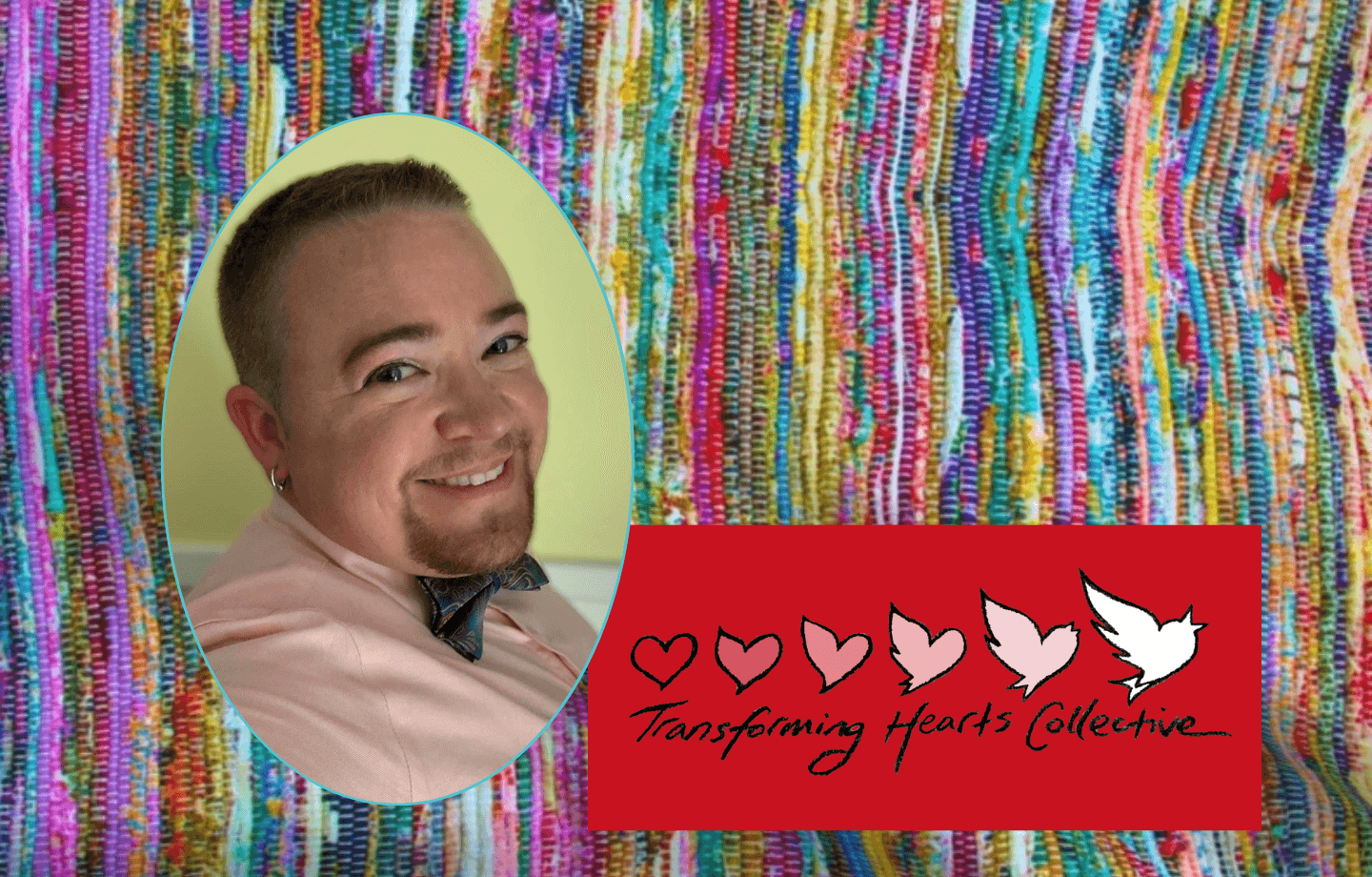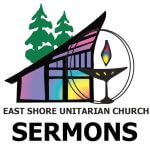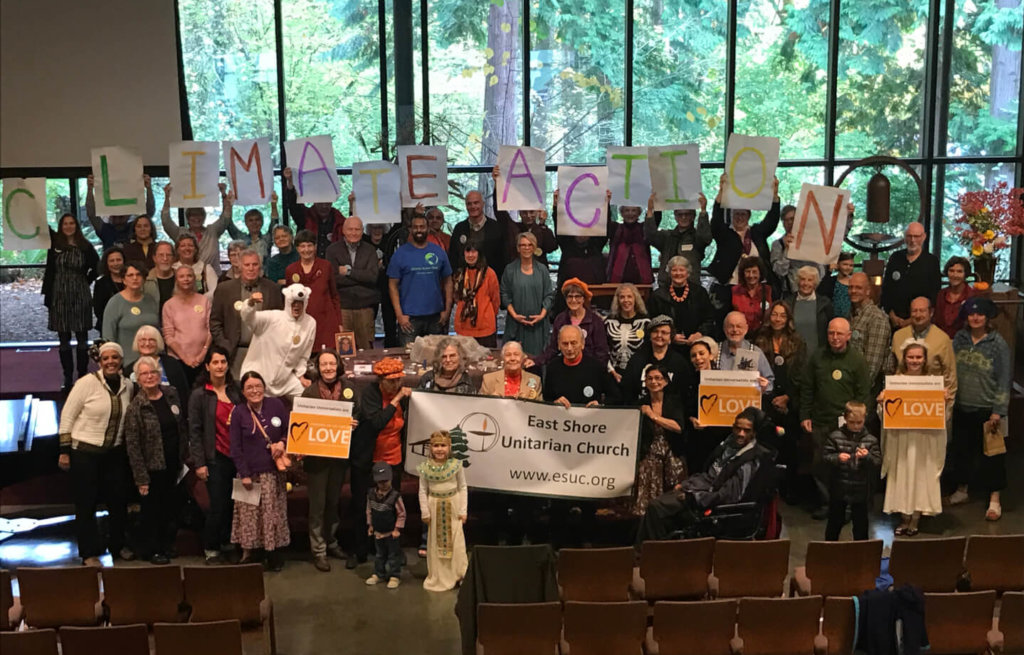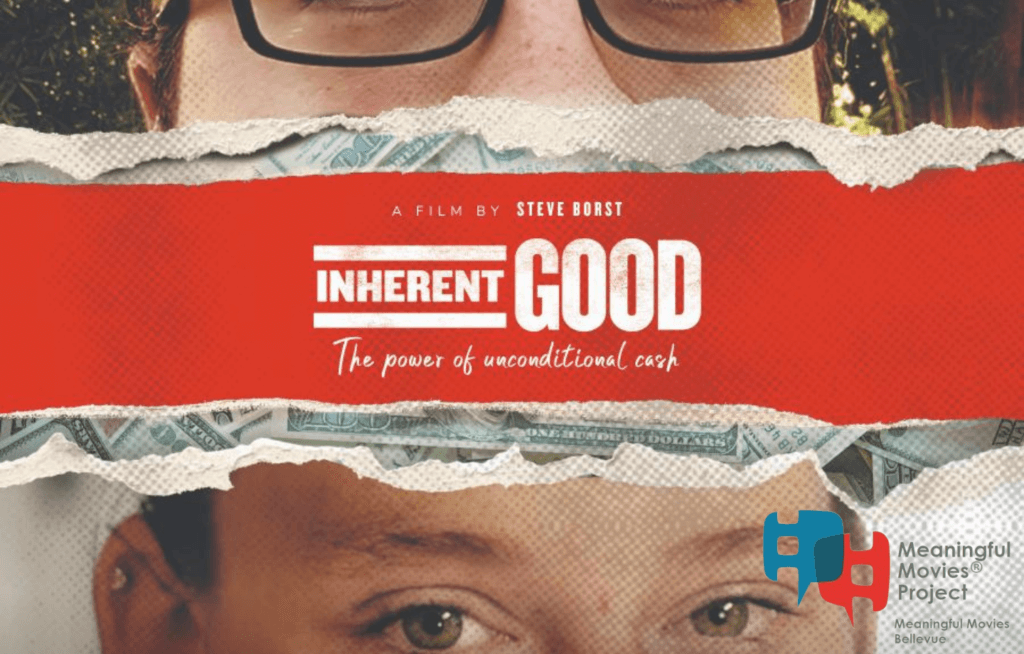
- This event has passed.
Weaving a Tapestry of Welcome and Belonging
Sunday, October 16 @ 10:30 am - 11:30 am


Welcoming a new minister is like turning a page in an impressive, weighty volume to a new, fresh chapter. We get to decide who we will be together in the years to come and what this new chapter will hold. Building on the congregation-wide retreat that will take place Saturday, October 15, this worship service, led by guest preacher Alex Kapitan, will be a time for deep reflection on what it takes to practice welcome together across lines of race, class, gender, sexuality, dis/ability, age, belief, and more. What transformation are we being called toward in this new chapter?
Zr. Alex Kapitan (ze/per) is a lay community minister, educator, editor, consultant, and activist. A trans and queer lifelong Unitarian Universalist, Alex does interfaith LGBTQ work and supports congregations in becoming places of radical welcome for all. Ze is the co-founder of the Transforming Hearts Collective, the co-leader of the program Trans Inclusion in Congregations, and the founder of Radical Copyeditor, an anti-oppressive language project.
How to Attend
We require masks in all buildings. We encourage all in person participants to be vaccinated. Read more about our In Person Guidelines here.
• To virtually attend, please Zoom in using room number 989 3107 9078, passcode: chalice.
• To phone into the service, call 669-900-6833, Meeting ID: 989 3107 9078.
For those joining, please mute as soon as you enter the room, so everyone can hear. Please note, the services will be recorded, but at this time, there are no plans to share the recording.
More Information
Religious Education for children and youth happens during worship on Sundays. Children and youth arrive in the Sanctuary for the just a little bit and welcome in Sunday with a story and song. Then, they attend their own programs in the Education building. Learn more here!
If you don’t have a chalice, but want to light one, check out our Making a Chalice at Home page.
Both virtual and in person services are followed by coffee hour.
Sermon Audio
Weaving a Tapestry of Welcome and Belonging
Sermon Text
I’ve been a Unitarian Universalist ever since my parents joined a UU church outside Milwaukee, when I was six. My dad is the son and grandson of Presbyterian ministers, and my mom was raised a devout atheist in small-town Wisconsin. The family joke is that when they became UU, my dad’s family all said, “oh no, he’s lost religion,” and my mom’s family all said, “oh no, she’s found religion!”
I think of my parents as the quintessential Unitarian Universalists. They came from previous spiritual paths that didn’t fit them. They are white, and middle class, and in their late sixties, and they both have higher degrees. They are teachers, and artists. My dad was an environmentalist way before it was cool. They listen to NPR and read the New York Times and own two cars and a house in a suburb. They are politically active and vote Democrat. Sound familiar?
I’m so grateful my parents joined my home church. It was a wonderful place to grow up. I was taught to honor my own truth. I came to believe that living our faith meant working to make the world a better place and fighting oppression. And as a queer and trans person, I was able to grow up without any sense that these deep truths about myself were at odds with my faith.
And yet. Allowing me to exist and not actively making it harder for me to be myself in the world was not enough for me to feel a sense of unconditional welcome and belonging in my church as I grew into adulthood. Nor have I ever felt that way in any of the dozens of UU churches I’ve been to since. I’ve never felt like any of them were places where I could fully get my spiritual needs met.
Why? I was raised here. This is my religion. You would think that those of us who are raised UU would be the ones who would feel most at home in our congregations, right? The truth is really hard to face. The vast majority of those of us who are raised in a UU church leave.
You see, my parents’ church is not my church. Why.
~ ~ ~
Before I answer that question, I want to tell you a little more about my parents. I love them dearly. They aren’t perfect, but I’ve never questioned their love for me, and they have given me so much—a great childhood, a college education, and acceptance that has grown into appreciation for who I am, even though I’m not the person they expected when they were raising me.
When I was growing up, my parents’ world was a reflection of themselves. Their friends were all people like them—people their age, their race, their class. Our church was a reflection of my parents’ world as well. As the quintessential UUs, they fit right in. It was easy for them to feel a sense of total belonging, almost like our church had been made precisely with them in mind.
As my sister and I got older, it became clear that our parents expected our lives to look like theirs, without being aware of it. They had so many unconscious assumptions: that we would get masters degrees, own houses, be “upwardly mobile.” That we would have friends and partners of particular races, classes, abilities, genders. Of course they had these assumptions. They wanted the best for us, based on what their own lives and cultural contexts had told them “the best” is.
But my life, and my sister’s life, don’t look anything like our parents’ lives. Our people are not their people. My sister married a wonderful man from Nicaragua, who immigrated to Milwaukee to be with her. Spanish is the primary language in their home. Theirs is a multiracial, multilingual community of friends and a huge, vibrant, extended Nicaraguan family.
My community is also a multiracial, multilingual one, a community of queer and trans people of many faiths, many ages, many abilities and disabilities. Like my brother-in-law, my partner is also working class. He’s a generation older than me, and queer, and trans, and in recovery, and a long-term survivor of AIDS. Our given and chosen family bridges almost every facet of difference I can imagine.
It’s hard for any parent to let go of the framed picture that grows in their mind’s eye of what their child’s life will be like. It was particularly hard for my parents to grasp that their experience of the world does not translate to the lives of their children—that in order to be in real relationship with us, they had to let go of all of the things life had taught them about who and what is most valuable, what “success” looks like, what “the best” for their children is, and get curious about what our worlds are like, what our needs are, what brings us life.
At a certain point I had to say look, I want a real relationship with you, and I know you want a real relationship with me, and in order for that to happen, I need you to stop making assumptions and start asking questions. I need you to be curious about my life, and how it’s different from yours, and what a difference those differences make. I need you to respect my truths. If you can’t do this, we can still talk, and see each other, but we are going to be people who talk about the weather. Because we are so different, real relationship takes more than just being friendly to each other. It takes actively engaging with our differences and doing the hard work of unlearning our assumptions.
~ ~ ~
My parents didn’t have great relationships with their own parents, so they didn’t have good models for what it would be like to have good relationships with their adult children themselves. I think Unitarian Universalism is the same way. If the quintessential UU, like my parents, came here from somewhere else, they might not have good models for how to be a religion whose children don’t leave. Did you catch that? If most UUs have fled churches they didn’t fit into, they might not know how to create a religious community where people who are “different” from them don’t leave.
It’s not that our churches aren’t welcoming. Of course they are! But a warm smile and not being told I’m going to hell isn’t enough. It takes a little more than that for me to want to come back, for my spiritual needs to get met. I need more than friendliness. I need radical welcome.
So what do I mean when I say radical welcome. Well there’s a really powerful model I want to share with you. It comes from Rev. Canon Stephanie Spellers, a leader in the Episcopal church. She talks about three ways that welcome shows up in congregations that are actively seeking to be welcoming. Invitation, Inclusion, and Radical Welcome.
Invitation is represented by the open door: “everyone’s welcome, come on in!” But there’s an invisible asterisk after that phrase. All are welcome, IF you leave your sins—like your sexuality—at the door. All are welcome, IF you don’t need a wheelchair ramp, or closed captions, or a fragrance free environment. All are welcome, IF you are able to make a financial pledge.
The expectation of the inviting congregation is that everyone who comes in will fit the existing norms for who “we” are and how things are done here. It wants to grow, but only with people who are “like us.” Make sense?
Inclusion is represented by a desire for diversity, and surface-level attempts to acknowledge people who are different from the norm. So we might march in Pride, but we don’t have a gender neutral bathroom. We might put up a Black Lives Matter banner, but on Sundays we only use music and readings by white people. We might fill our website with images of children, but when parents with young kids attend they get disapproving looks when their kids make noise during service.
The expectation of the inclusive congregation is that if we add on top of “the way we do things here” in small ways, people who are different from our norm will feel at home. But we put the burden on “them” to fit in. The inclusive congregation wants to be a place where lots of different people can find a home, but it doesn’t acknowledge what a difference our differences make.
Radical welcome is the practice of being transformed by relationships across lines of difference. Every time a new person visits or a new child is born into the church, those new people change our definition of “us.” We constantly practice curiosity about the different perspectives and needs within and outside our church and how they can influence the very core of who we are.
The expectation of the radically welcoming congregation is that we will constantly be made new through our encounters with each other. Everyone contributes to “the way we do things here.” The radically welcoming congregation is truly diverse. It expects and values change and transformation.
So invitation says: “I’m having a dinner party. Everyone’s welcome!” Inclusion says: “You are invited to my dinner party. I’m making lots of pasta! I hope you come!” Radical welcome says: “Hey, I’m thinking of having a dinner party. When are you free? What do you like to eat? Are you vegetarian, or gluten intolerant? Do you use chopsticks? Where should we gather?”
—Do you feel the difference? The difference is relationship.
The temptation is to see this model as three stages. But that’s not how it works. You see, inviting congregations think welcome equals friendliness, so as long as they perceive themselves as friendly, if folks don’t feel welcome they must not belong here. Inclusive congregations think welcome equals surface-level efforts to acknowledge difference, so as long as there’s a rainbow flag, or a ramp, or a once-a-year gospel service, if folks don’t feel welcome that’s their fault.
So invitation and inclusion are actually barriers to radical welcome. To the radically welcoming congregation, welcome means transformation. It means constantly seeking to expand our definition of “us,” and removing the barriers that some of us face.
The only time I’ve felt radical welcome, unconditional affirmation, and deep spiritual connection in UU spaces was when I was a teenager. Things were hard as a teen. I didn’t have language yet to describe who I was, to myself or to anyone else. I struggled with depression and anxiety. UU youth space was my saving grace. In those spaces, I truly felt the saving power of this faith.
As teens, when we worshiped, we co-created it, we worshipped in the round, and oral tradition songs were the bedrock. We got close or held hands. We sang rounds, and we made up harmonies, and no one ever knew when the song would end, it just ended when it was done. It was so embodied; it wasn’t about thinking—it was about feeling, and being, together. Can you imagine what it was like for me to supposedly “grow up” and be expected to worship with the adults, with their rows of chairs and hierarchical leadership and orders of service and classical music?
Invitation says “come worship with us, the adults, exactly the way we do.” Inclusion says “once a year we invite the youth to lead worship, and we let them put the chairs in a circle.” Radical welcome says, “what would it mean if both cultures—youth culture and adult culture—informed how we worshiped? What would change?”
I need radical welcome. Because my Unitarian Universalism isn’t the same as my parents’ Unitarian Universalism.
You see, being queer and trans and raised UU means my cultural context is different from the culture of the average UU church. My flavor of Unitarian Universalism is different than the central flavor of the average UU church. My identities affect everything for me—my understanding of family, my relationship to social justice, the ways I build community, my spiritual practices, my spiritual needs, my spiritual gifts. I can’t truly feel at home without having these truths affirmed.
And my friends, I am haunted—I am kept awake at night—by the question, “who would we be—what would Unitarian Universalism look like today, and how would it be practiced differently—if all the thousands of young people, queer and trans people, people of color, poor and working class people, disabled people, immigrants, Indigenous people, neurodivergent people, who have been drawn to this religion or raised here, had stayed? Instead of the vast majority of all of us leaving, disappointed and disheartened, because there was no room for our flavors of Unitarian Universalism? No room for us to inform who this faith is and how it is practiced.”
What I need you to understand is that drawing a circle that’s big enough for my parents’ UUism and my UUism, a circle big enough for all of the flavors of UUism present here at East Shore, is possible. I need you to understand that this isn’t about hating on NPR or classical music. It’s about adding new radio bands and new rhythms. It’s about creating a mosaic. You know how a mosaic is made, right? From broken pieces. The invitation isn’t to throw away my parents’ UUism. The invitation is to transform it. To be made new by encounters with different flavors of Unitarian Universalism.
~ ~ ~
I am deeply honored to get to spend this time with you this morning at the invitation of my dear friend Rev. María Cristina. I know that you know how lucky you are that Rev. María Cristina said yes. And I know that you wouldn’t have unanimously called her to be your minister if this community wasn’t interested in change. Wasn’t interested in experiencing new flavors of Unitarian Universalism.
I know that you’ve been grappling with what it means to not just change, but be changed, for a while now. These last few years have been an incredible time of upheaval of “the way we do things here,” right? I mean, here you are, doing multi-platform worship! You haven’t just changed, you have transformed, in many ways.
Faced with so much change, I’m sure a lot of you are yearning for the comfort and familiarity of “the way we do things here.” And there are bound to be people here who are excited by the optics of having someone as “different” as Rev. María Cristina as your minister, but who might be decidedly less excited when she starts bringing her authentic flavors of Unitarian Universalism forward. “Look, I don’t mind adding a little spice, but I thought we were still having pasta.”
There’s nothing wrong with being drawn toward what’s most comfortable, especially right now. But I need you to know that not only do I need transformation, you need transformation.
I couldn’t believe more strongly that the point of being here, the purpose of being part of a faith community, is to be changed. Not to be comfy, or to rest assured that “we” are the good ones, but to figure out how to be in relationship, how to be in community, how to be in covenant, across lines of deep difference. We deeply need spaces like this one to be places where we can unlearn the judgments and assumptions and biases that have soaked into us from the outside world, and practice healing the divisions that are tearing our communities and our world and our very souls, apart. Because that is the only way we will survive—as individuals, as a community, as a species.
~ ~ ~
My parents and I have embraced the challenge of being in real relationship. It has not been easy, or comfortable. We’ve had to get really real, and vulnerable with each other, and understand each other’s struggles. But it is worth it. And we are being changed. You see, when you’re in relationship across lines of difference, it expands your world.
This is what radical welcome requires of us. It requires us to change, and be changed in the process. It requires us not to tolerate or accept people who are different from us, but to celebrate and love people who are different from us and allow this love to transform us. It requires us to take a leap of faith and risk letting go of things we thought we knew, of things that feel comfortable and familiar, in order to become something so much more.
My friends. Radical welcome is a tall order. It’s not easy. It’s not comfortable. And.
In order to heal our world, and ourselves, it’s necessary. I firmly believe this is the place where we can practice this. This is the place where we can grow, open our hearts, and be changed. So I hope I can count on you to join me spiritual practice of radical welcome. Because it is truly one of the most holy, heart-transforming, and world-changing things that we can do together.
Amen, ashe, aho, and blessed be.
More Videos




